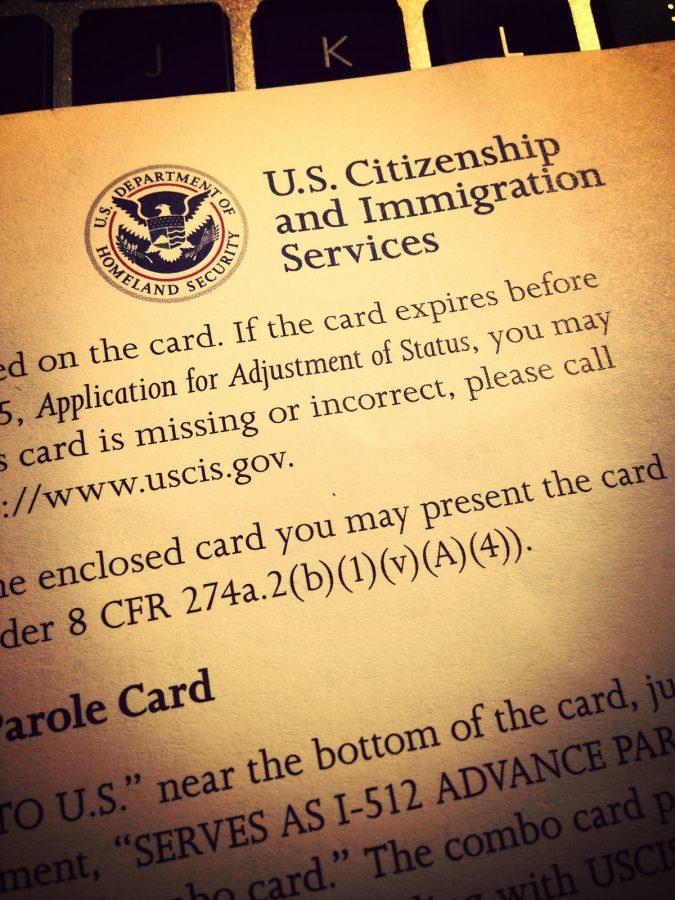Dr. Federico Subervi has been conducting research, publishing and teaching on issues related to Latinos in the United States for over 30 years. Having taught at Texas State University as full professor and director for the study of Latino media and markets and at Kent State University as provost faculty associate for diversity, Subervi is an expert in his fields. He came to the Evergreen campus last Thursday, Feb. 18, to present on a range of topics and issues related to Latinos, media and politics in the United States.
Subervi introduced his presentation by asking the audience to estimate the number of Latinos in the United States. When no one responded, he gave the answer — about 55 million. He continued to explain that Hispanics add about $1.5 trillion per year to the U.S. economy, making a large contribution to the national market.
His point? “We should all know something about these people because they make up a big part of our population, and it’s growing,” he said. He continued to ask the audience more questions such as, “Do you know the demographics of where you’d like to live and work?” In Subervi’s opinion, to be a positive leader in society one must have a good understanding of his fellow citizens and their various cultural differences.
The presentation then shifted focus to Spanish media in the United States. Subervi pointed out that Spanish television channels such as Univision are the most watched channels in many U.S. cities, such as Los Angeles. He also pointed out that Spanish media in the U.S. does not focus on “news” nearly as much as English speaking media, bringing about a series of problems.
One main issue is that Spanish-speaking Latinos in the United States lack important information on subjects such as politics and current events, meaning that there is an entire population of voters that is completely uninformed when it comes to choosing a leader. Also, with a lack of knowledge comes the threat of false knowledge, and according to Subervi, politicians continue to capitalized on this unfortunate reality to this day.
Currently, Subervi has found that political parties in favor of anti-Latino legislation use propaganda to influence uninformed Latino voters. For example, the Republican Party will broadcast radio messages in Spanish to convince uninformed Latinos to vote Republican, but as Subervi pointed out, recent Republican legislation does not appear to be beneficial for Latino populations. Subervi specifically mentioned Donald Trump’s plan to build a wall between the U.S. and Mexico, stating that if a fraction of the money spent to build a wall was spent to process undocumented citizens, the illegal citizen issue would be not be an issue at all.
“It’s upon you to find out about these political actions,” he said. Subervi urged the audience to get involved and become active because informed citizens are essential for keeping media and politicians in check, constantly making sure that information is “verifiable, independent, and accurate.” Subervi even suggested two good sources for Latino-related news: www.newstaco.com and the National Institute on Latino Policy. To conclude his visit, Subervi made it clear the he had no intention of persuading anyone’s vote, but that everyone must simply become more aware of the issues and actions taking place around them during this turbulent time in politics.
Photo from Flickr Creative Commons: Li Tsin Soon.

















































































































